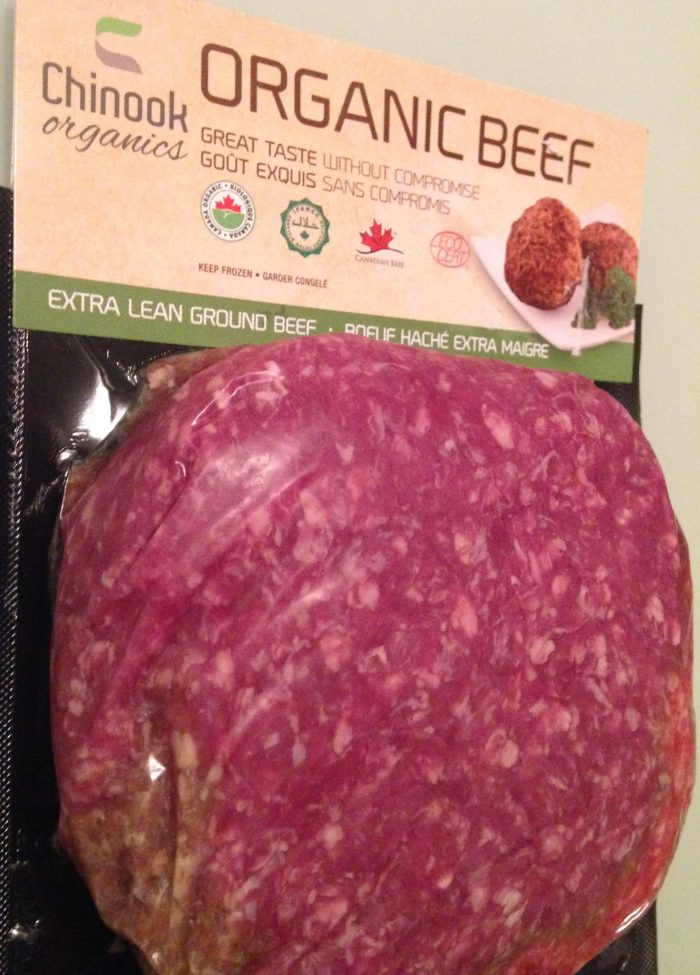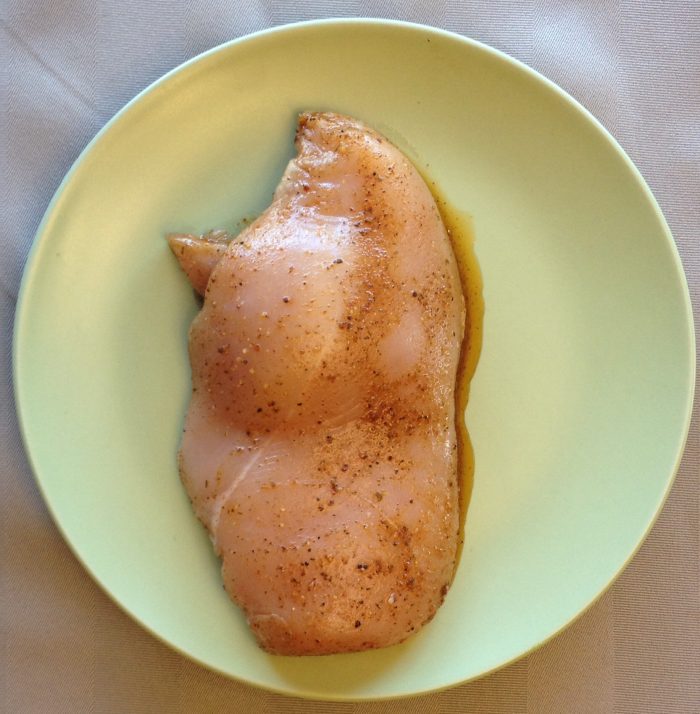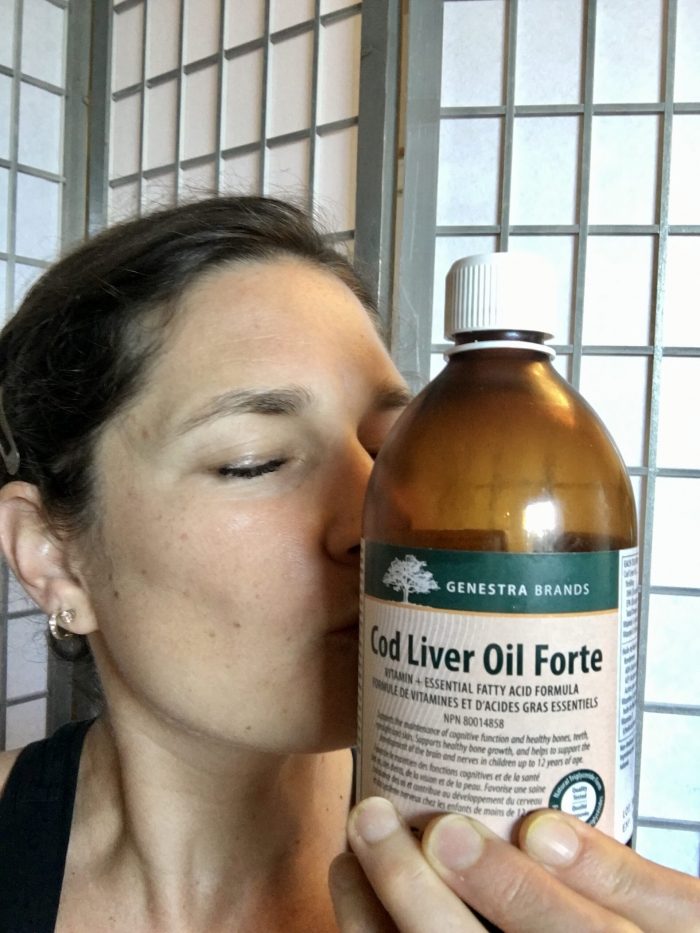6 Reasons to Consume Healthy Fats
Have you had a chance to read my last blog about why I became vegan? If not, you can read it here.
I have never been a fan of eating meat. Even as a child, I did not like the
taste or feel of fat in my mouth. I drove my dad nuts with my attempts to remove any visible fat from the meat served on my dinner plate. So, for my entire childhood and early adult life, I wasn’t eating fat, not even the healthy ones. For me, all fats were all bad! During those times no one was talking about the benefits of healthy and essential fats nor the Keto diet.

Today, I am paying the price for those decisions. My skin is extremely dry, especially in winter. I need to add healthy fats to my diet to help
moisturize my skin. Our body needs healthy fats to function properly and to aid in the absorption some vitamins such as A, D and E.
Do you know the difference between healthy and unhealthy fats? That is a question that I get asked often. Let’s clarify them.
Unhealthy fats are usually solid at room temperature.
- Saturated fats raise low-density lipoprotein (LDL or “bad”) cholesterol levels and should be consumed in moderation as they can increase risk of heart disease. They are mainly found in animal products. If you like meat, choose a lean cut of beef or go with skinless poultry. Here are some food choices, which are high in saturated fats:
- red meat
- poultry
- pork fat
- whole milk
- shortening
- butter: rich in vitamins such as K2
- coconut oil
- ghee: is a clarified butter that is heated to separate out milk solids and water.

- Trans fat is an unsaturated fat that has been chemically transformed by partial hydrogenation, to improve its appearance and performance. Avoid them as they increase risk of heart disease, stroke, and type 2 diabetes. They are usually found in solid form at room temperature. Common examples are:
- margarine
- vegetable oils: soybean, sunflower, corn, canola and safflower
- many processed food
- doughnuts
- cakes and cookies
- crisps and chips
Healthy fats are proven to reduce risk of heart disease, lower bad cholesterol levels and reduce risk of type-2 diabetes, inflammation and cancer. They are usually in liquid form at room temperature.
- Monosaturated fats:
- avocado oil
- macadamia nut oil: rich in omega-3s and antioxidants that may reduce the risk of cancer.
- sesame oil: rich in “heart healthy” polyunsaturated and monounsaturated fats. It is also high in zinc which is good for bone density and immunity.
- peanut oil: high in monounsaturated fats, antioxidants, vitamin E which help to lower bad cholesterol levels.
- flaxseed oil: rich in omega-3s fatty acids which reduce inflammation and can help lower the risk of cancer.
- Polyunsaturated fatty acids are mostly found in plant-based foods and oils:
- sesame oil
- omega-3s fatty acids: found in fatty fish and fish oil supplements
- nuts: walnuts, chia seeds

The guidelines regarding fats are:
- avoid all trans fats.
- limit saturated fat to less than 10 percent of calories a day.
- substitute saturated fats with monounsaturated and polyunsaturated fats. Use avocado oil to cook, olive oil in dressings and peanut and sesame oils in wok cooking.
- if you want to get rid, shed or drop weight, consume healthy fats with moderation as they are still high in calories. For example, stick with a piece of cheese or avocado as big as your thumb.
I hope this will help you to make better food choices. Remember, to improve your health and nutrition, it is always better do it slowly and one step at a time. You have better chance of sticking when you make the changes progressively. Good luck:)
